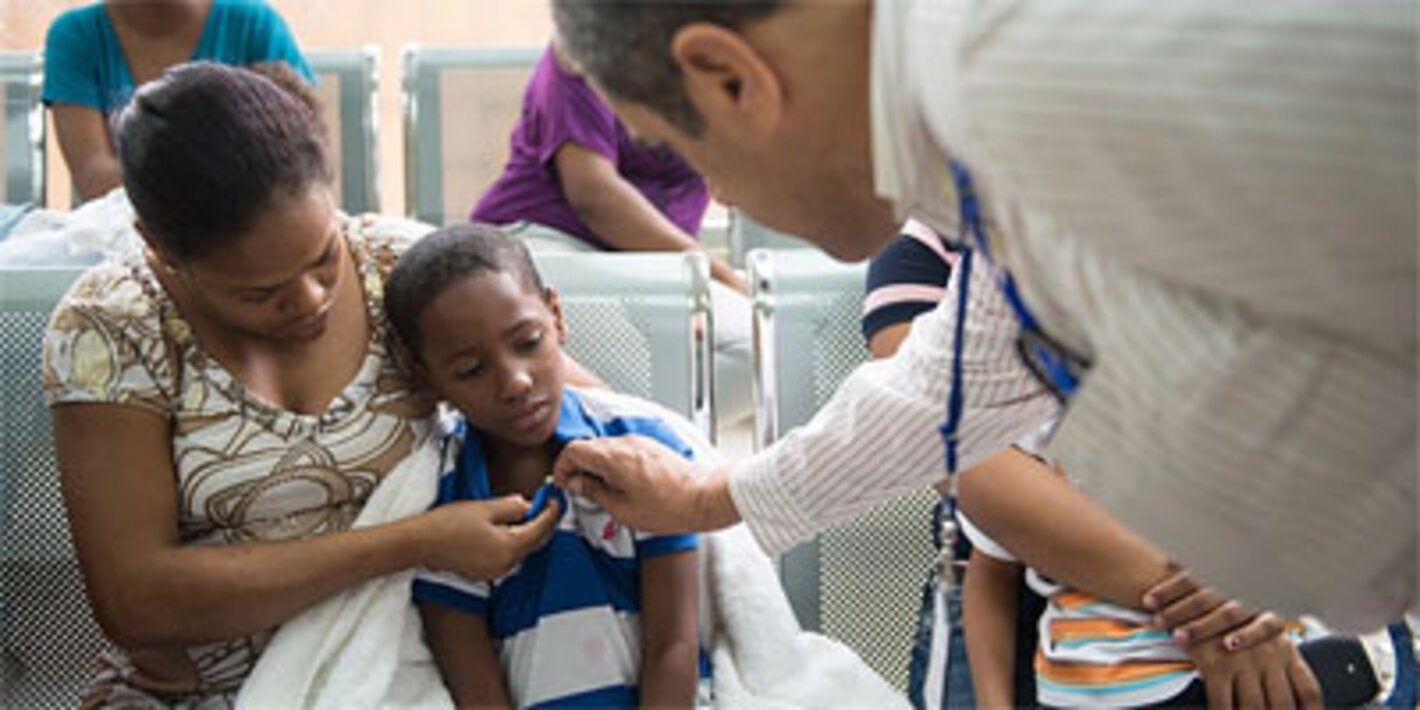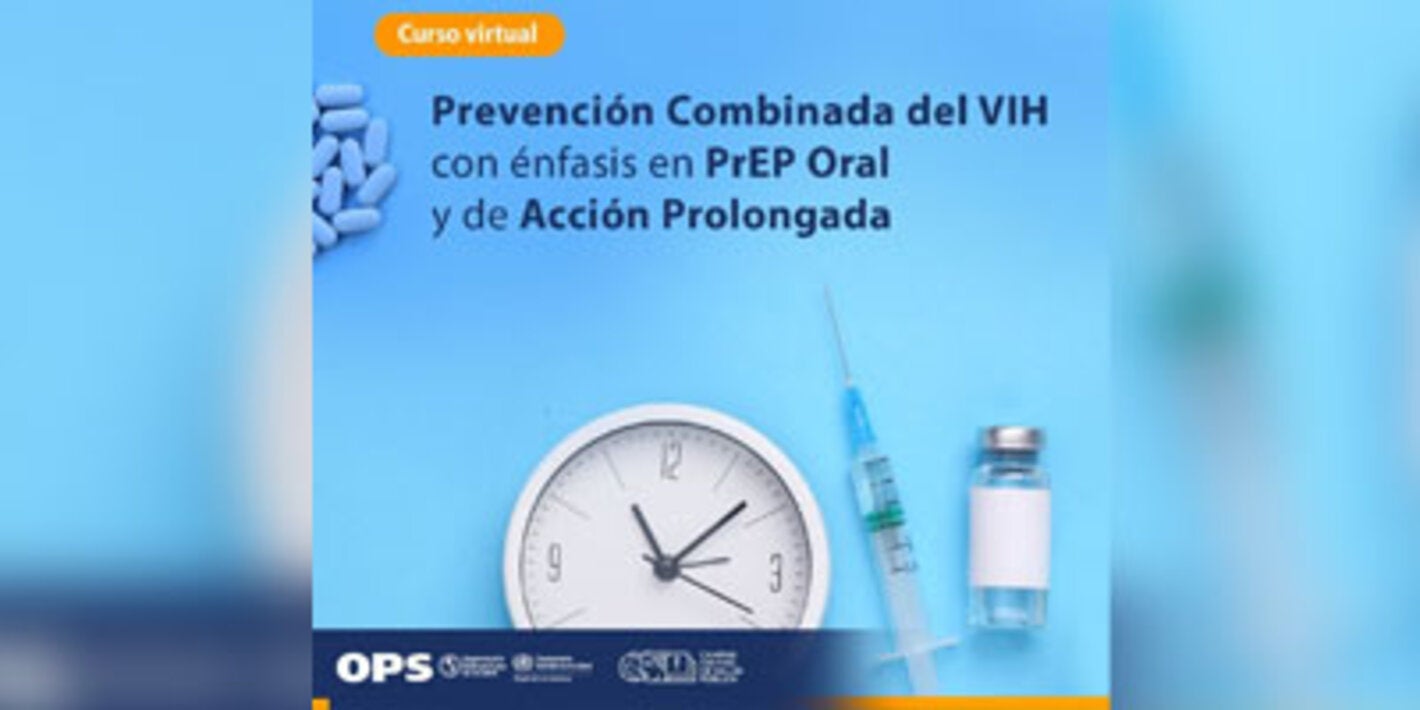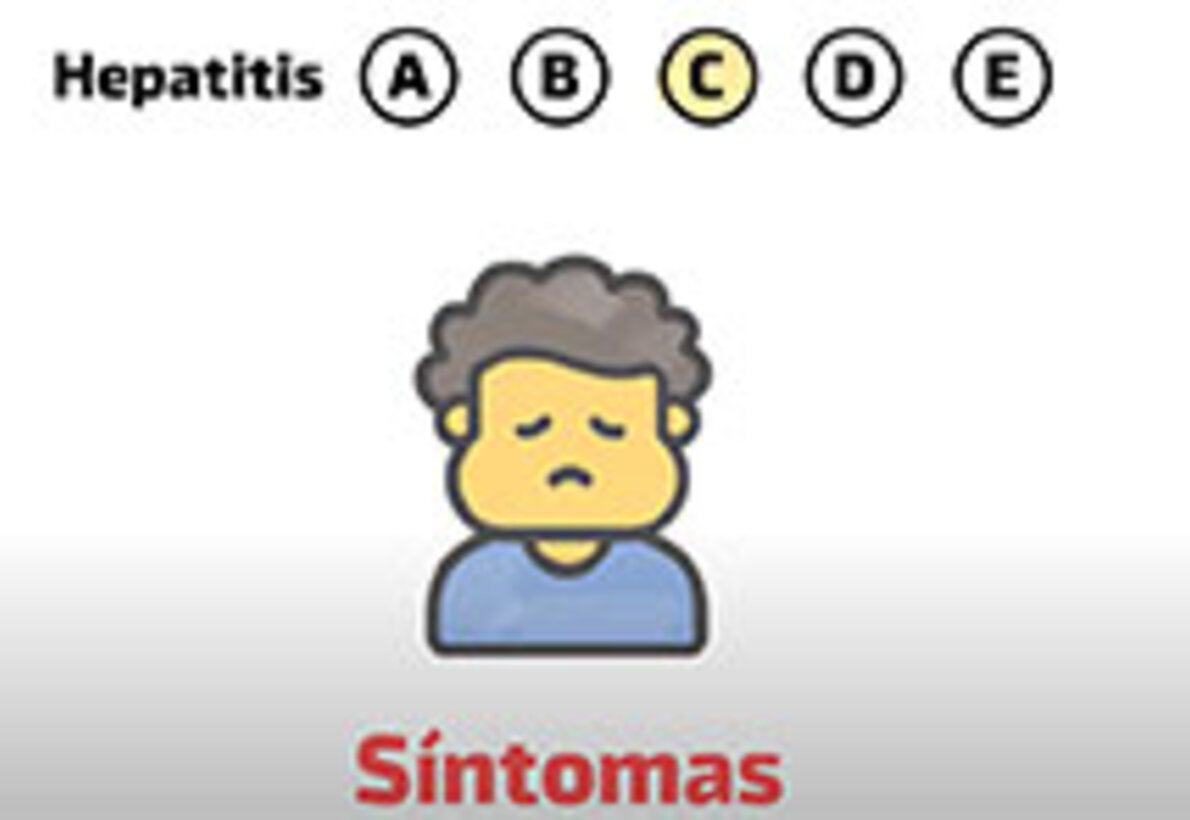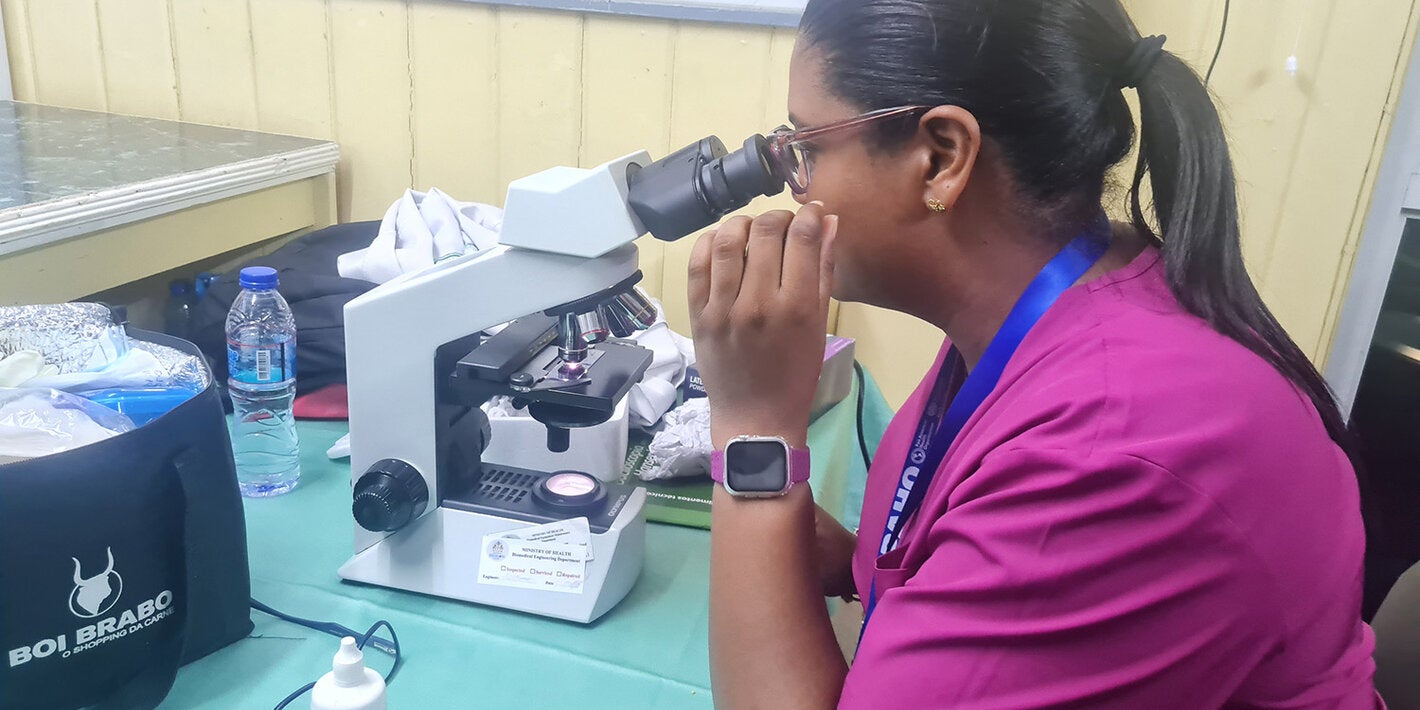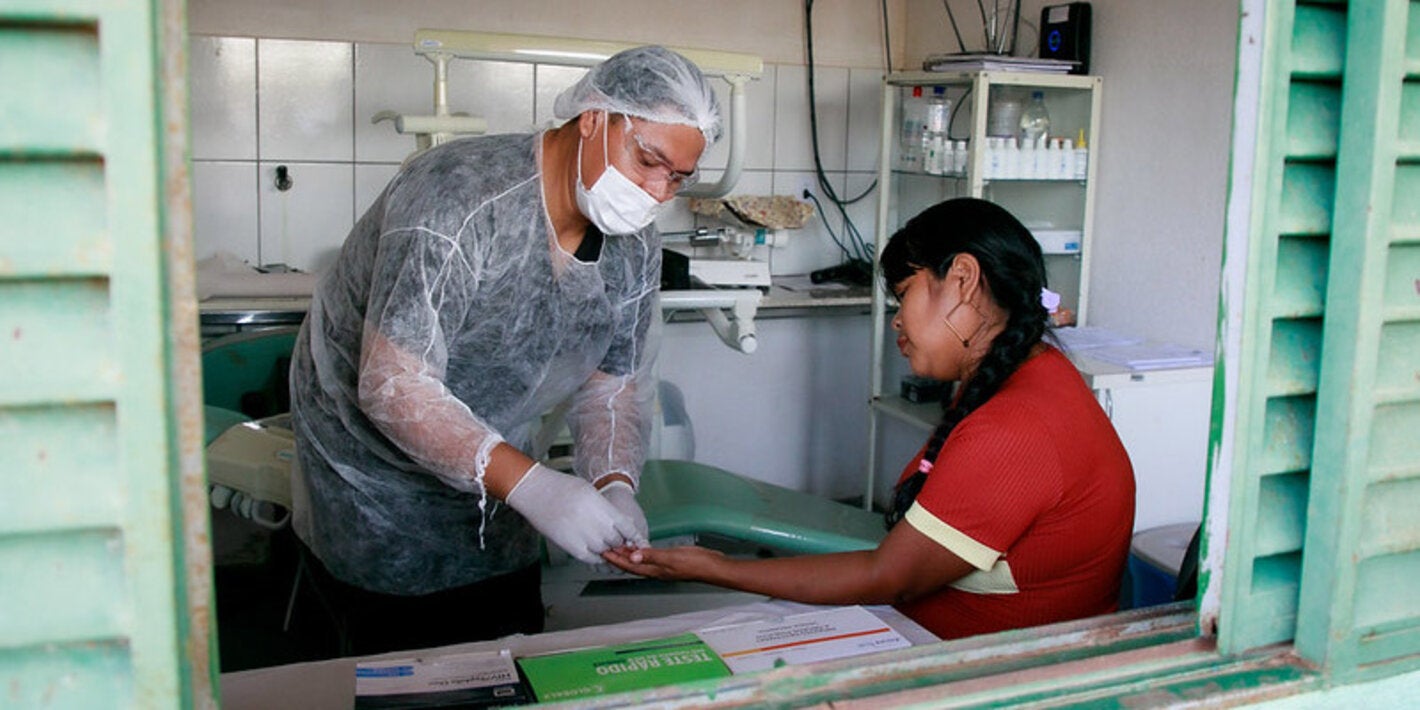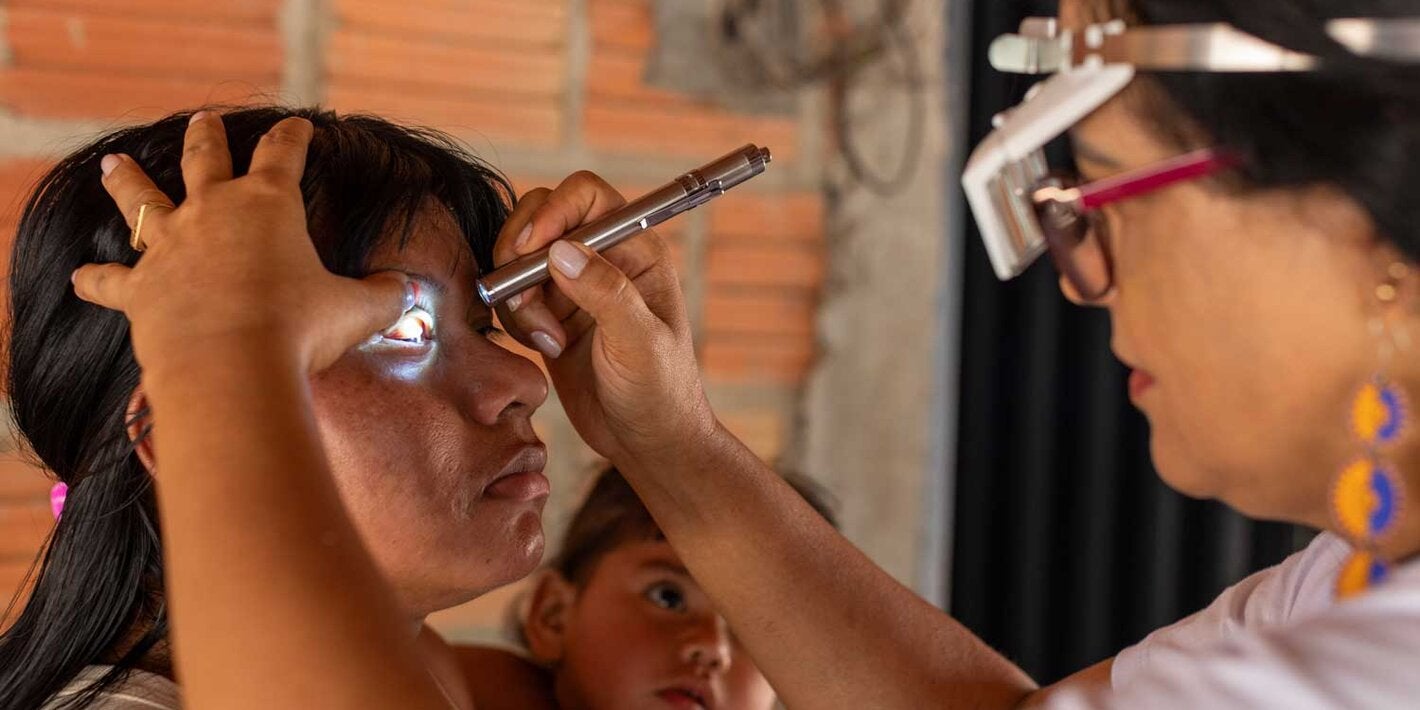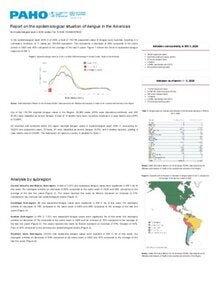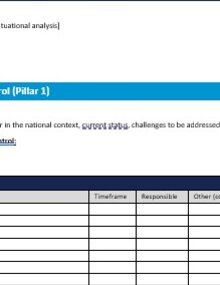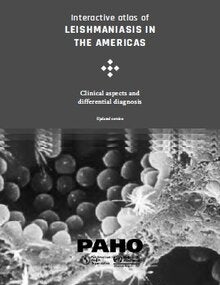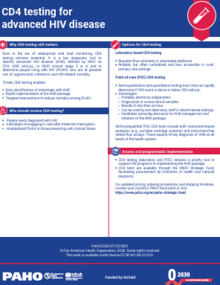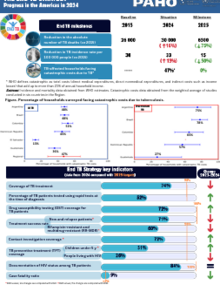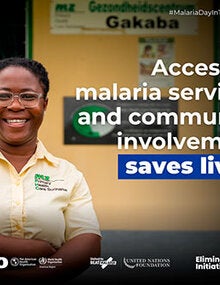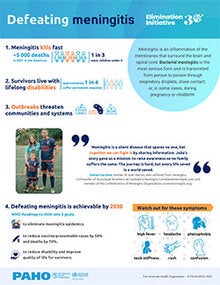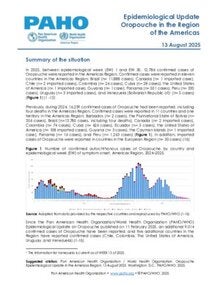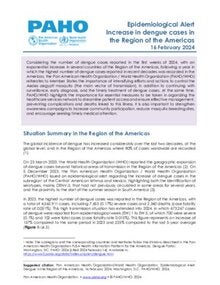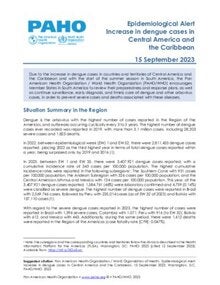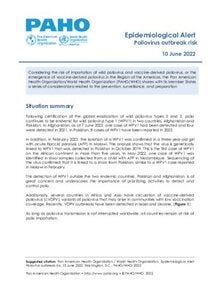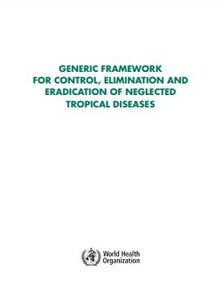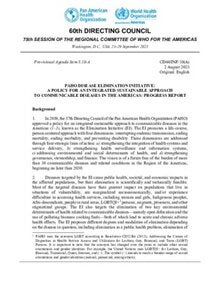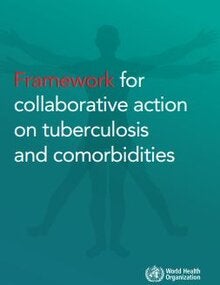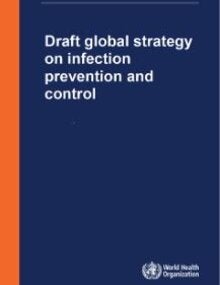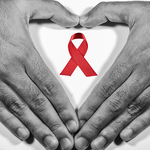SUBMENÚ
The number and scope of communicable diseases and related conditions in the Americas is large and wide.
The Pan American Health Organization prioritizes disease prevention, vaccine coverage expansion and consolidation, access to treatment, an end to communicable disease epidemics, and, ultimately, disease elimination.
Communicable diseases disproportionally impact resource-constrained communities and are linked to a complex range of overlapping determinants of health. These include availability of safe drinking water and basic sanitation, housing conditions, climate change risks, gender inequity, sociocultural factors, and poverty, among others.
It is estimated that a core group of communicable diseases, including HIV/AIDS, tuberculosis (TB), malaria, and neglected infectious diseases, accounted for 6 percent of the total burden of disability-adjusted life years (DALYs) in all age groups and sexes in the Americas in 2017. The same group of diseases was responsible for 7% of all deaths. Mortality burden increases to 9% of deaths when viral hepatitis-related cirrhosis and hepatic cancers, as well as cervical cancer, are included.
In addition to economic costs, communicable diseases impose intangible social costs on individuals, families, and communities. In sum, the burden of these diseases, with their health, economic, and social costs, prevents the full achievement of health and highlights the need to step up disease elimination efforts in the Americas.
The Pan American Health Organization promotes, coordinates, and implements technical cooperation activities directed toward the surveillance, prevention, control, elimination and/or reduction of communicable diseases, zoonoses and environmental threats to health that are technically sound and appropriate for the political and sociocultural context in which they are implemented. It strives to achieve a sustainable impact on health by providing normative guidance, furthering the implementation of evidence based interventions, fostering alliances that strengthen country capacity, improving the effectiveness of inter-country collaboration, and facilitating policy and decision-making processes.



